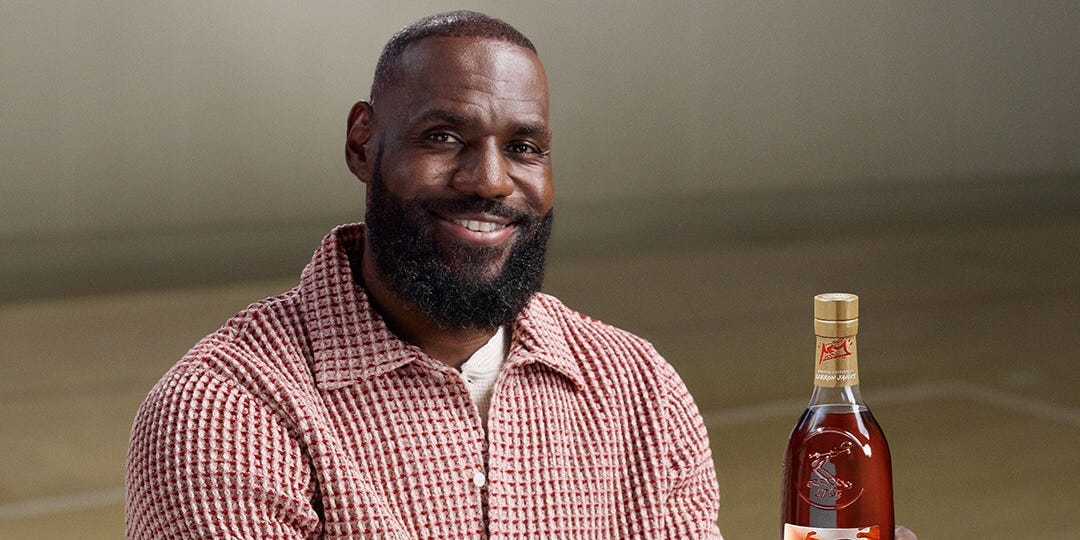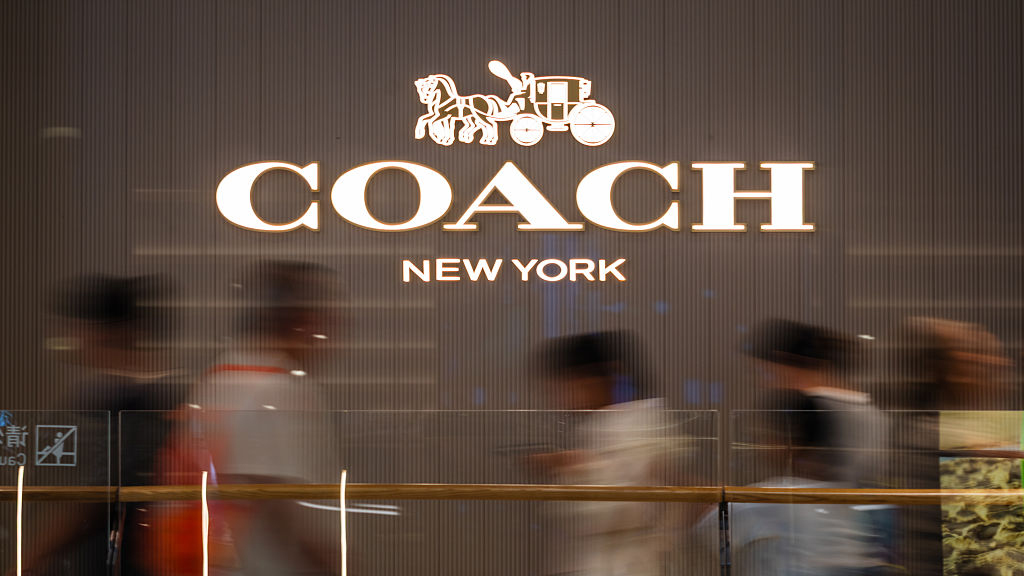CMOs Challenge Myths About Gen Z’s Brand Preferences
At Advertising Week New York, marketing leaders pushed back against common misconceptions about Generation Z. Contrary to popular belief, Gen Z’s supposed disdain for advertising and lack of brand loyalty are oversimplified narratives. Instead, panelists argued that this demographic often displays deep devotion to brands that connect with them authentically and meaningfully.
“They’re growing up in a more tribalized environment,” said Mark Weinstein, CMO and head of luxury brands at Hilton. “There is no mass media anymore, so understanding where and how to reach them is critical.”
This generation, now entering adulthood and taking charge of household purchasing decisions, is more influential than ever. As such, marketers must evolve their strategies to keep up with Gen Z’s unique expectations and preferences.
Content Over Traditional Advertising
Panelists agreed that Gen Z’s aversion to advertising is more about the type of content than a rejection of advertising itself. Jim Mollica, president and CMO at Bose, explained that the company now dedicates the majority of its marketing budget to creating emotionally resonant and entertaining content.
“I’d say 90% of our budget and effort is spent on actual content,” said Mollica. Advertising is now used to support those efforts rather than drive them.
This shift marks a broader trend among brands favoring social-first, culturally driven campaigns over traditional ad formats. For example, Bose partnered with popular creator Kai Cenat for a monthlong livestream, embedding itself within the cultural spaces where Gen Z spends time.
Success Stories: H&R Block and EOS Products
Brands like H&R Block have found innovative ways to engage Gen Z. The tax-preparation company launched “Responsibility Island,” a parody reality series where young adults attempted to tackle adulting tasks like filing taxes and doing laundry. The series, hosted on YouTube and extended to Roku, was a massive hit and even inspired a reunion episode.
“We’re not naturally relevant to Gen Z,” said Jill Cress, H&R Block’s Chief Marketing and Experience Officer. “But content like that helped us build a relationship with them.”
EOS Products, the skincare and lip balm brand, also emphasized authenticity. Soyoung Kang, EOS president, highlighted how the company listens and reacts to organic moments that arise in social media. These moments often outperform their paid campaigns, proving that authenticity can be more impactful than polished ads.
Gen Z’s Loyalty Is Earned, Not Assumed
One of the most persistent myths about Gen Z is that they are not loyal to brands. However, Kang shared internal research that shows otherwise: Gen Z is 30% more likely to be loyal to a single brand across product categories compared to older generations.
“They’ve grown up in an era saturated with information,” said Kang. “They know how to research, compare, and make informed decisions. Their loyalty is based on quality and relevance, not habit.”
This generation’s digital fluency and access to information make them more critical and selective. Brands must understand that loyalty from Gen Z must be earned through transparency, consistency, and cultural resonance.
Creators and Community Are Key
To break into Gen Z’s tightly-knit online communities, brands are increasingly turning to creators and influencers. Hilton, for instance, balances star power from celebrities like Paris Hilton with micro-influencers who have smaller but highly engaged followings.
The company’s acquisition of Graduate Hotels and the expansion of its Motto by Hilton line reflects a deeper understanding of Gen Z preferences. Motto’s compact rooms and communal spaces cater to young travelers looking for social experiences. A recent social series by Motto, inspired by video games and starring influencers, exemplifies the brand’s pivot toward engaging content over traditional ads.
“Our job isn’t to create a passionate community around us,” said Weinstein. “It’s to tap into the culture that already exists.”
This strategy recognizes that Gen Z doesn’t want to be marketed to—they want to be part of the conversation. Brands that aim to blend into these conversations, rather than dominate them, stand a better chance of gaining trust and loyalty.
Final Thoughts
As Gen Z continues to reshape consumer behavior, brands must discard outdated assumptions and invest in strategies that prioritize authenticity, entertainment, and cultural relevance. Traditional advertising alone won’t cut it. Instead, companies need to create content that resonates, engage in meaningful conversations, and collaborate with influencers who already have Gen Z’s attention.
Understanding the nuances of this generation isn’t just an opportunity—it’s a necessity for brands looking to stay relevant in an increasingly fragmented media landscape.
This article is inspired by content from Original Source. It has been rephrased for originality. Images are credited to the original source.





